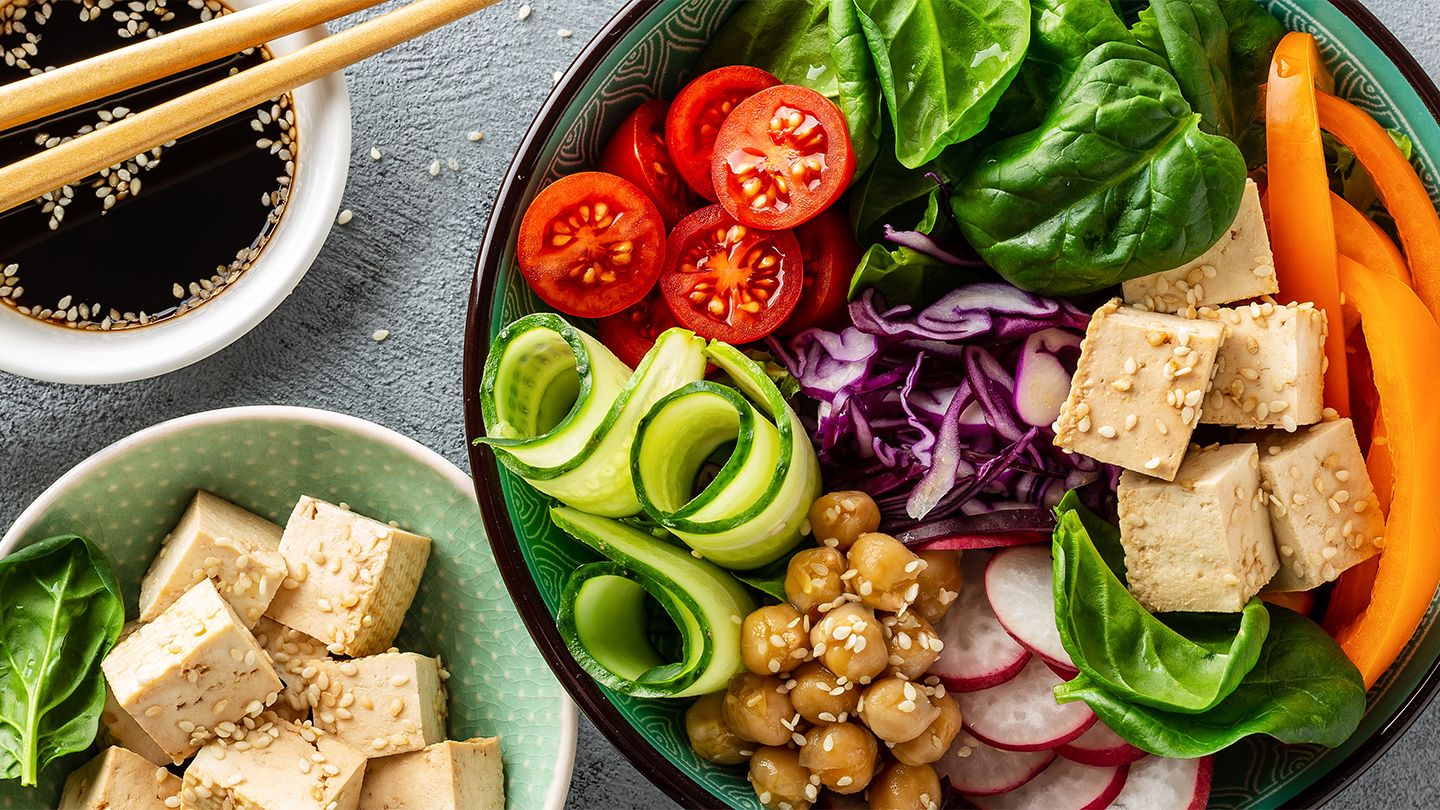The Benefits of a Vegan Diet
A vegan diet has gained significant popularity in recent years, and for good reason. Not only does it promote a more sustainable and ethical way of living, but it also offers numerous health benefits. In this article, we will explore the advantages of adopting a vegan diet and how it can positively impact your overall well-being.
Improved Heart Health
One of the key benefits of a vegan diet is its positive impact on heart health. Research has consistently shown that individuals who follow a vegan lifestyle have a lower risk of developing heart disease. This is primarily due to the exclusion of animal products, which are typically high in saturated fats and cholesterol. By consuming a plant-based diet, you can significantly reduce your intake of these harmful substances, leading to lower blood pressure, improved cholesterol levels, and a reduced risk of heart-related conditions.
Weight Management
If you are looking to shed some extra pounds or maintain a healthy weight, a vegan diet can be a great choice. Plant-based foods are generally lower in calories and fat compared to animal products. Additionally, they are rich in fiber, which helps you feel fuller for longer periods, reducing the likelihood of overeating. By focusing on whole grains, fruits, vegetables, legumes, and nuts, you can effectively manage your weight and achieve a healthier body composition.
Reduced Risk of Chronic Diseases
Studies have shown that a vegan diet can significantly reduce the risk of developing chronic diseases such as type 2 diabetes, certain types of cancer, and hypertension. The abundance of antioxidants, vitamins, and minerals found in plant-based foods plays a crucial role in boosting the immune system and protecting the body against harmful free radicals. By incorporating a wide variety of fruits, vegetables, and whole grains into your diet, you can enhance your body’s defense mechanisms and reduce the likelihood of chronic illnesses.
Increased Nutritional Intake
Contrary to popular belief, a well-planned vegan diet can provide all the necessary nutrients for a healthy lifestyle. By incorporating a diverse range of plant-based foods, you can obtain an ample amount of protein, iron, calcium, omega-3 fatty acids, and other essential vitamins and minerals. For example, legumes like lentils and chickpeas are excellent sources of protein, while leafy greens such as kale and spinach offer an abundance of calcium. By understanding and carefully selecting the right combination of foods, you can ensure a nutritionally balanced vegan diet.
Environmental Sustainability
Adopting a vegan diet also has a positive impact on the environment. Animal agriculture is a significant contributor to greenhouse gas emissions, deforestation, and water pollution. By choosing to consume plant-based foods, you are reducing your carbon footprint and supporting a more sustainable food system. Additionally, vegan diets require fewer resources, such as land and water, making them more environmentally friendly and helping to conserve our planet’s resources for future generations.

In conclusion, a vegan diet offers a multitude of benefits for both your health and the environment. By excluding animal products and focusing on plant-based foods, you can improve heart health, manage weight, reduce the risk of chronic diseases, increase your nutritional intake, and contribute to a more sustainable world. So, why not give it a try? Embrace the benefits of a vegan diet and enjoy a healthier, more compassionate lifestyle.
Frequently Asked Questions about the Benefits of a Vegan Diet
1. What are the main benefits of a vegan diet?
The main benefits of a vegan diet include improved heart health, reduced risk of certain cancers, weight management, and lower cholesterol levels.
2. Can a vegan diet help with weight loss?
Yes, a vegan diet can be effective for weight loss as it is typically low in calories and high in fiber, which helps you feel full and satisfied.
3. Does a vegan diet provide enough protein?
A well-planned vegan diet can provide all the necessary protein through plant-based sources such as legumes, tofu, tempeh, nuts, and seeds.
4. Are there any specific benefits for heart health?
A vegan diet can improve heart health by reducing the risk of high blood pressure, heart disease, and stroke due to its low saturated fat and cholesterol content.
5. Can a vegan diet help prevent certain types of cancer?
Research suggests that a vegan diet may lower the risk of certain cancers, such as colon, breast, and prostate cancer, mainly due to its high fiber and antioxidant content.
6. Are there any benefits for digestion?
Yes, a vegan diet rich in fruits, vegetables, and whole grains can promote healthy digestion, prevent constipation, and improve gut health.
7. Can a vegan diet improve skin health?
Many people experience improved skin health on a vegan diet, as it eliminates common triggers like dairy and processed foods, and focuses on nutrient-rich whole foods.
8. Does a vegan diet provide enough vitamins and minerals?
A well-balanced vegan diet can provide all the necessary vitamins and minerals, but it’s important to pay attention to sources of nutrients like vitamin B12, iron, and calcium.
9. Can a vegan diet help reduce inflammation?
Yes, a vegan diet rich in fruits, vegetables, whole grains, and healthy fats can help reduce inflammation in the body due to its high antioxidant and anti-inflammatory properties.
10. Are there any benefits for the environment?
A vegan diet has a lower carbon footprint compared to a meat-based diet, as it requires fewer resources and reduces greenhouse gas emissions, making it more environmentally friendly.




